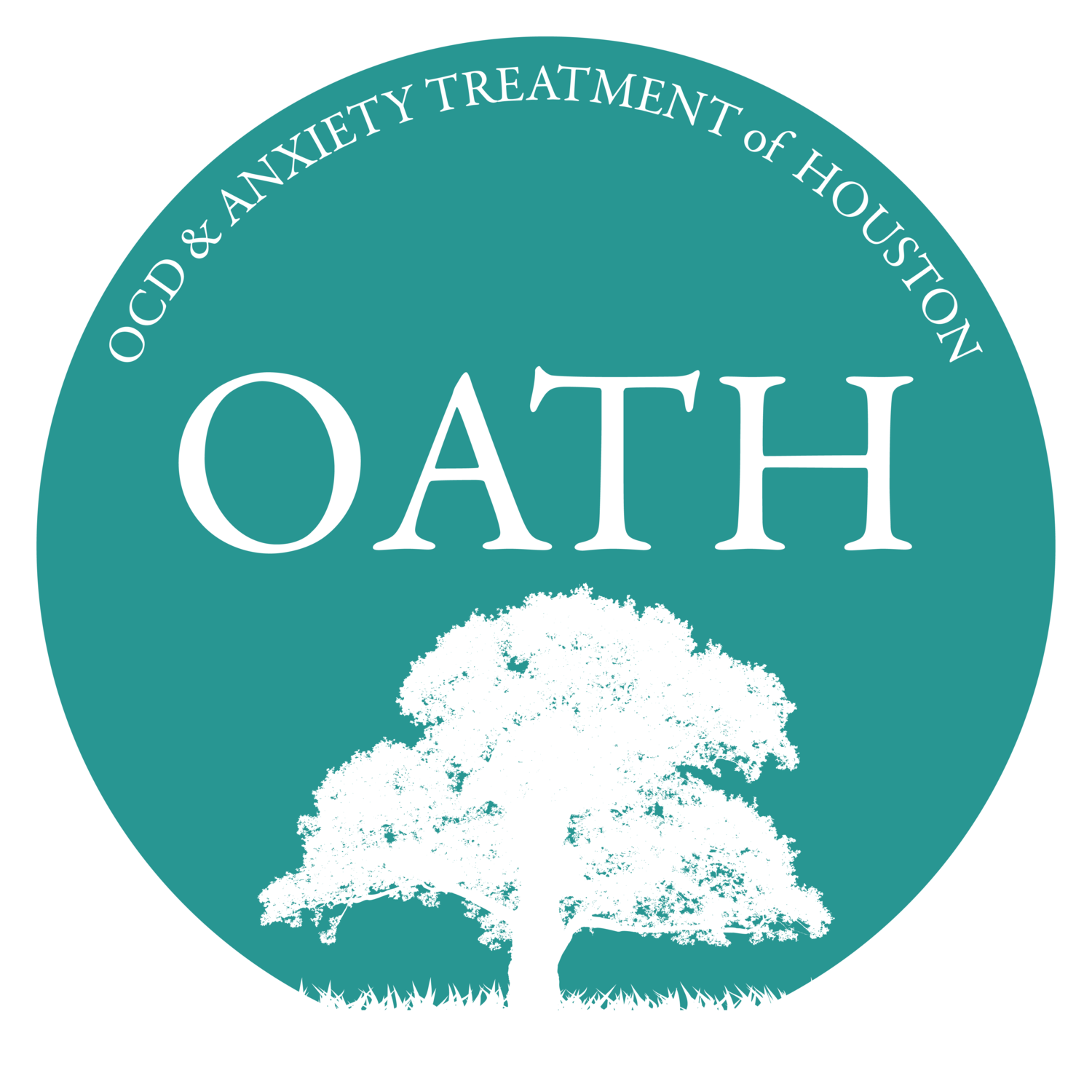Attention training is a crucial component of therapeutic approaches for anxiety and Obsessive-Compulsive Disorder (OCD), particularly within Acceptance and Commitment Therapy (ACT) and Exposure and Response Prevention (ERP). By improving the ability to focus and redirect attention, these therapies empower individuals to manage intrusive thoughts and reduce compulsive behaviors effectively.
Understanding Attention Training
Attention training involves structured exercises designed to enhance an individual’s capacity to direct and sustain focus on specific stimuli while ignoring distractions. This skill is especially vital for individuals with anxiety and OCD, as it helps them disengage from obsessive thoughts and lessen compulsive behaviors.
Attention Training in Exposure and Response Prevention (ERP)
ERP is a well-established behavioral therapy that gradually exposes individuals to anxiety-provoking stimuli while preventing compulsive responses. Attention training enhances ERP by encouraging individuals to remain present and tolerate distress without resorting to compulsions. Research suggests that attention disengagement training can help individuals with OCD approach feared situations with greater confidence and reduced avoidance.
Attention Training in Acceptance and Commitment Therapy (ACT)
ACT emphasizes altering one's relationship with thoughts and emotions rather than attempting to eliminate them. Attention training, particularly through mindfulness practices, strengthens present-moment awareness, allowing individuals to observe intrusive thoughts without judgment. This approach reduces the power of distressing thoughts by promoting acceptance rather than avoidance, leading to greater psychological flexibility and an improved quality of life.
Integrating Attention Training into Therapeutic Practice
Incorporating attention training into ACT and ERP involves several key strategies:
- Mindfulness Exercises: Techniques such as focused breathing and body scans to enhance awareness and attentional control.
- Cognitive Defusion Techniques: Helping individuals observe their thoughts from a distance, reducing their emotional impact.
- Behavioral Exposure Tasks: Practicing gradual exposure to anxiety-provoking situations while maintaining attentional focus to weaken avoidance patterns.
By integrating attention training into ACT and ERP, individuals with anxiety and OCD can develop greater resilience, effectively manage intrusive thoughts, and fully engage in meaningful activities aligned with their values. This holistic approach fosters long-term symptom reduction and improved emotional well-being.
At OCD & Anxiety Treatment of Houston (OATH Therapy), we incorporate attention training as part of our evidence-based treatment plans, helping clients develop the skills necessary to navigate anxiety and OCD with confidence. We offer a comprehensive range of outpatient services, including:
- Diagnostic consultations
- Individualized cognitive-behavioral therapy (CBT)
- Behavioral and goal planning to encourage skill-building and home practice
- Clinician-assisted exposure therapy, including in-vivo, imaginal, and response prevention
- Therapist-assisted exposure/response prevention in the home or community (case by case basis)
- Family interventions to reduce accommodation (as needed)
- Consultation with schools/clergy (as needed)
- Outpatient intensives, customized to symptom severity, ranging from multiple sessions per week to extended exposure sessions (e.g., 3–5 times per week for up to three hours per session)
If you or a loved one are seeking support, our team is here to guide you through a personalized therapeutic approach designed to foster long-term recovery.

